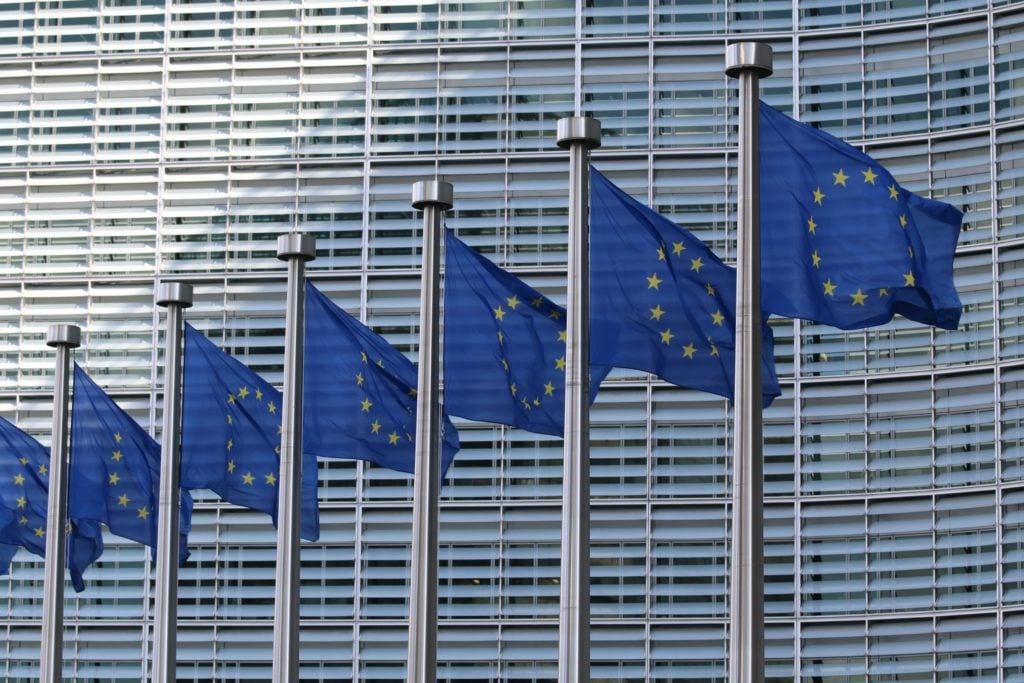
Europe can halve the amount of gas in its energy mix and reduce energy costs by €323 billion (US$356 billion) if it rapidly accelerates renewable deployment, according to a new report from energy technology group Wärtsilä.
The report said Europe’s current energy crisis, caused by persistent gas shortages coupled with Russia’s invasion of Ukraine and compounded by subsequent Western sanctions, has “provided the clearest signal that countries need to accelerate away from baseload gas to mainstream renewable power, backed by balancing technologies, at breath-taking speed”.
Wärtsilä modelled two scenarios to show the energy costs, gas use and carbon emissions of building renewable capacity across Europe.
Its most ambitious scenario models a doubling of renewables deployment to 80GW per year to achieve almost two-thirds (61%) renewable electricity by 2030.
Under this scenario, European countries could halve their power system gas consumption from 1,546TWh in 2021 to 745TWh in 2030. This would result in power system savings of €323 billion (US$356 million). A cumulative saving of €98 billion was possible by 2025, added the report.
“This would have seemed unthinkable a decade ago,” Wärtsilä said. “Yet the combination of plummeting technology costs, the imperative to shift away from fossil fuels and the climate crisis have made it politically acceptable and economically sensible.”
For context, the EU installed 37GW of wind and solar in 2021, meaning it needs to more than double its deployment every year through to 2030. If it were to do so, however, the benefits to its energy security and climate targets would be significant, said the report (see table).

Wärtsilä said all the technologies and expertise needed for accelerated renewables deployment was in place and all that was required was the “political will” to do so, branding calls to reverse decarbonisation and double down on fossil fuels “illogical”.
The report comes after the European Commission called on European countries to accelerate renewables deployment “at lightning speed” to reduce reliance on Russian gas, with the International Energy Agency (IEA) also unveiling a 10-point plan to help the continent wean itself of Russian fossil fuels.
The next three years are “critical in reducing Europe’s exposure to the intense volatility we see in fossil fuel markets today”, said the report.
Wärtsilä presented a list of seven recommended actions for decision makers across Europe. They include coordinating actions that can accelerate the scalability of innovation; prioritising renewable permits, which the EC is already looking into; encouraging investments in energy storage and balancing technologies; cross-border infrastructure projects; leveraging public investment to secure private capital; investing in green hydrogen; and the electrification of key industries.
Wärtsilä’s report also modelled a less ambitious ‘baseline’ scenario that sees Europe add 40GW of renewables per year, resulting in 13% drop in gas consumption for electricity generation and renewables making up 50% of the continent’s energy mix by 2030. Given that Europe installed 37GW of wind and solar in 2021, this scenario is highly likely to be met, especially in light of the war in Ukraine.
PV Tech Premium has reported how the war in Ukraine looks set to transform Europe’s energy apparatus as the continent looks to reduce its dependence on Russian imports.
